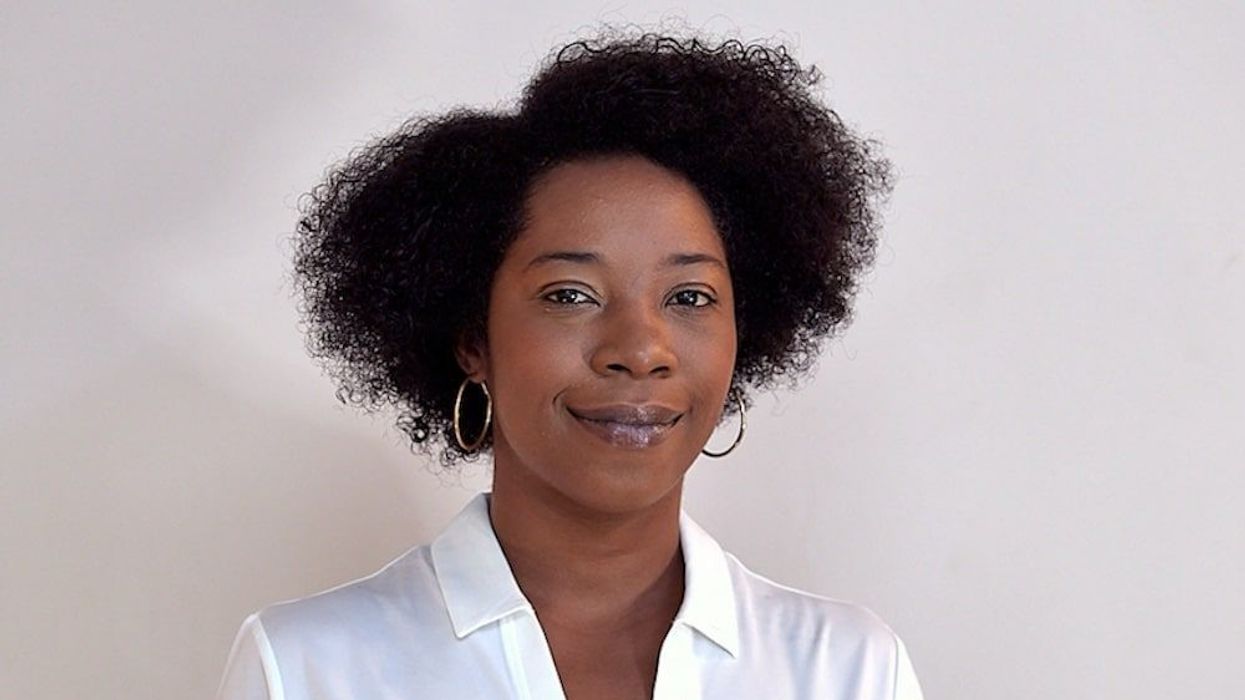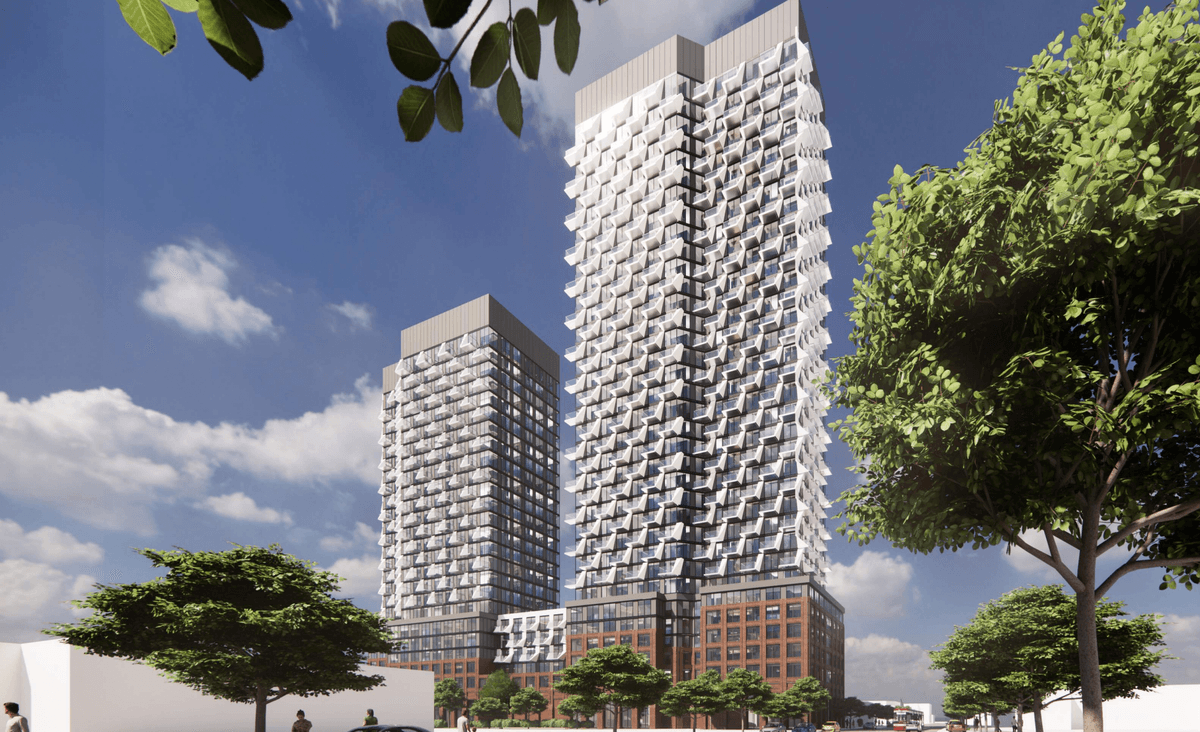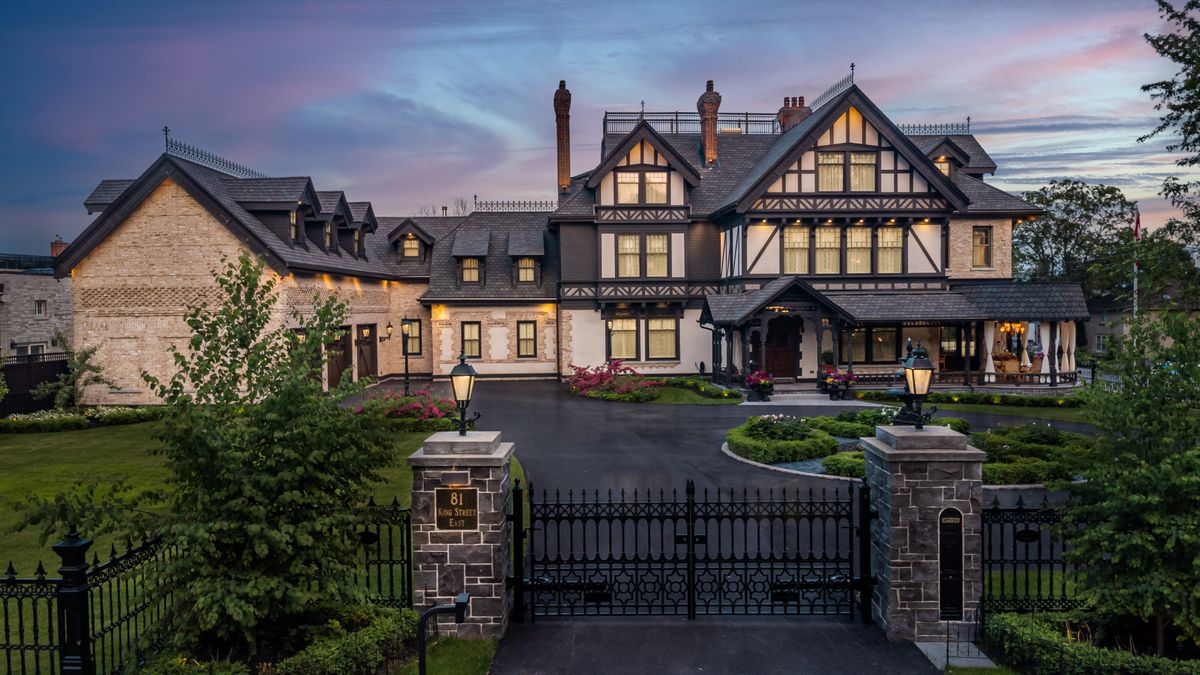After placing third in last year's mayoral race, Chloe Brown has confirmed that she will be joining the candidate pool in the upcoming by-election, set for Monday, June 26.
Last year, Brown -- a policy analyst and fresh face in Toronto politics -- came in hot, accruing well over 34,000 votes and besting all but former Mayor John Tory and runner-up Gil Penalosa. And that was despite a “shoestring election budget,” somewhere in the ballpark of $2,000, according to reporting by the Toronto Star.
This time around, her campaign draws many parallels. She remains committed to her people-first, tech-centric action plan that borrows solutions from global societies, she’s still rallying behind a shift from the city’s current property tax system to a more progressive taxation model based on land value, and she’s as staunch as ever in her belief of “ground-up” solutions that draw from the city’s immense talent and engages them in the city’s inner workings.
“There are operators, there are analysts, there are administrators that are leading really great projects that get swept under the rug because they're not presented by someone in a suit,” Brown says. “Leadership comes in so many different forms, and we need to shake ourselves when we think it's only business leaders.”
While Brown is sticking to the principles that ran through her first election campaign, she stresses that this time, “the intention is different.”
“People have heard my message and they can buy into it. And that was really the point of my last campaign: generating buy-in for this idea of we deserve better. This time around, we're going to play the candidate game and do the photoshoots and do the things that the corporate class require,” she says.
However, that won’t be at the expense of reaching the everyday Torontonian. “We’re looking at incentivizing people to use their condos, party rooms, places of worship as town halls because they shouldn't have to wait for the Toronto Regional Board to create a debate to get answers from their candidate.”
As for where Brown stands on housing -- arguably one of the most pressing issues facing Toronto right now -- she believes it’s time to redirect focus. Rather than finessing plans and assigning target after target, she hopes to bring more of the housing pipeline to fruition by zeroing in on the city’s labour force with a “social service approach.”
“A lot of the housing and building issues that are not being addressed are really centred around workers not having good working conditions. And that is harming the ability of certain industries to attract labourers in their fields,” she says. “A lot of people don't realize construction workers are actually really suffering from overdoses on site, opioid overdoses. So how can the city make mobile crisis services closer to them the same way that we're deploying them for people that are dying of substance abuse disorders on the street?”
It’s also high time, Brown continues, to take stock of what is and isn’t working in government, in the name of progress and productivity.
“The responsibility for social housing is nonprofit, it's the government, and we need to actually take responsibility for that by upgrading the technology that we use to deliver projects, making sure that small- and medium-sized contractors get that same access, and just getting rid of a lot of layers of bureaucracy that John Tory created to say he was delivering housing.”
But beyond that, she wants to reshape what it means to produce housing by considering the needs, wants, and well-being of the end-users.
From creating more multi-use spaces to accommodate both residential and commercial tenants to establishing more “third spaces” where Torontonians can enjoy the fruits of their labour and “play,” to putting rent controls in place that allow Toronto’s most vulnerable to maintain long-term tenancies -- these are the sorts of things she believes should rise from the ashes of the “unfortunate opportunity” that is John Tory’s exit from politics.
“Let's talk about how we redesign complete communities instead of fighting over who we're going to allow to be our neighbours,” she says. “What I find in politics is that a lot of us forget that, at one point, a bunch of people came together and played around with an idea of what Toronto should be. That time in history has come back around again.”





















